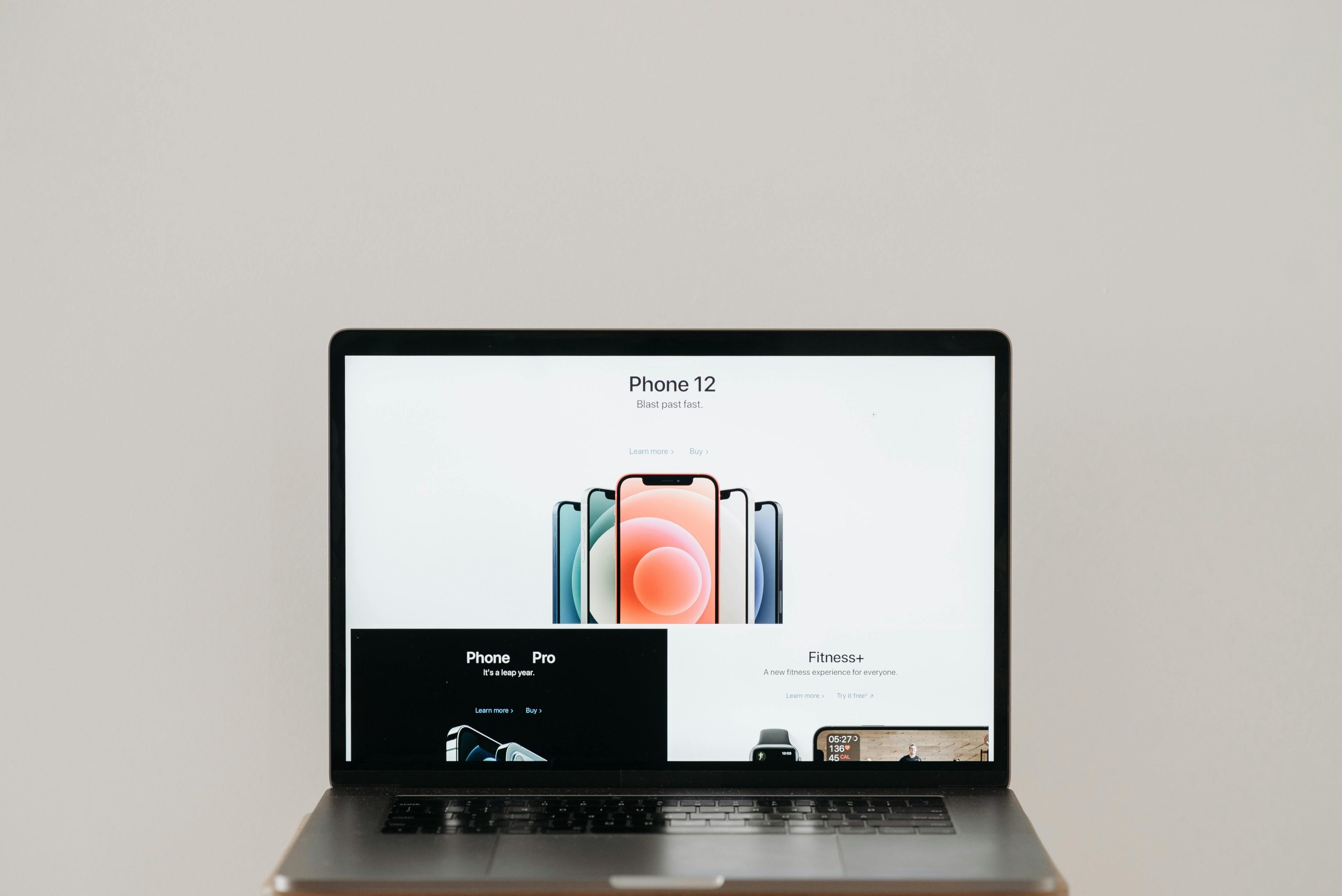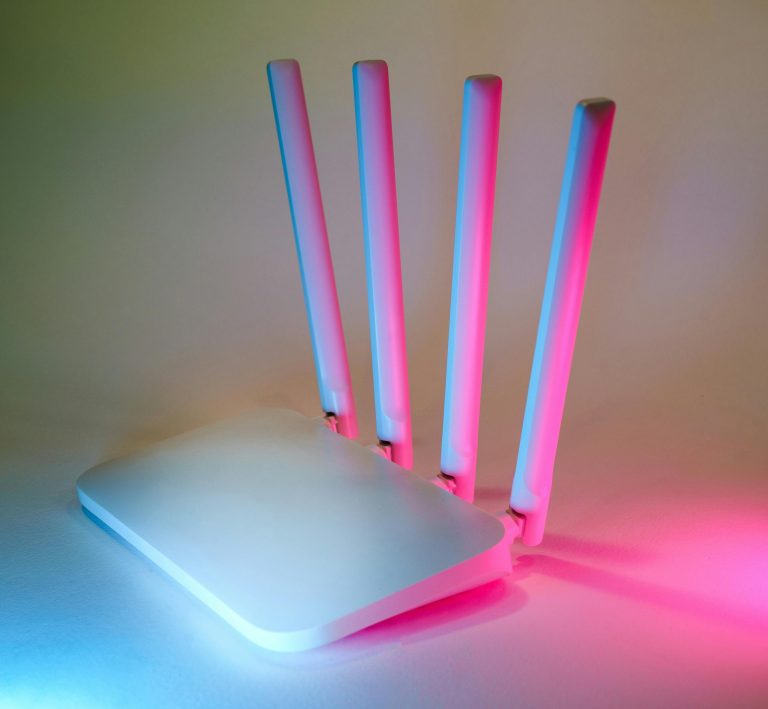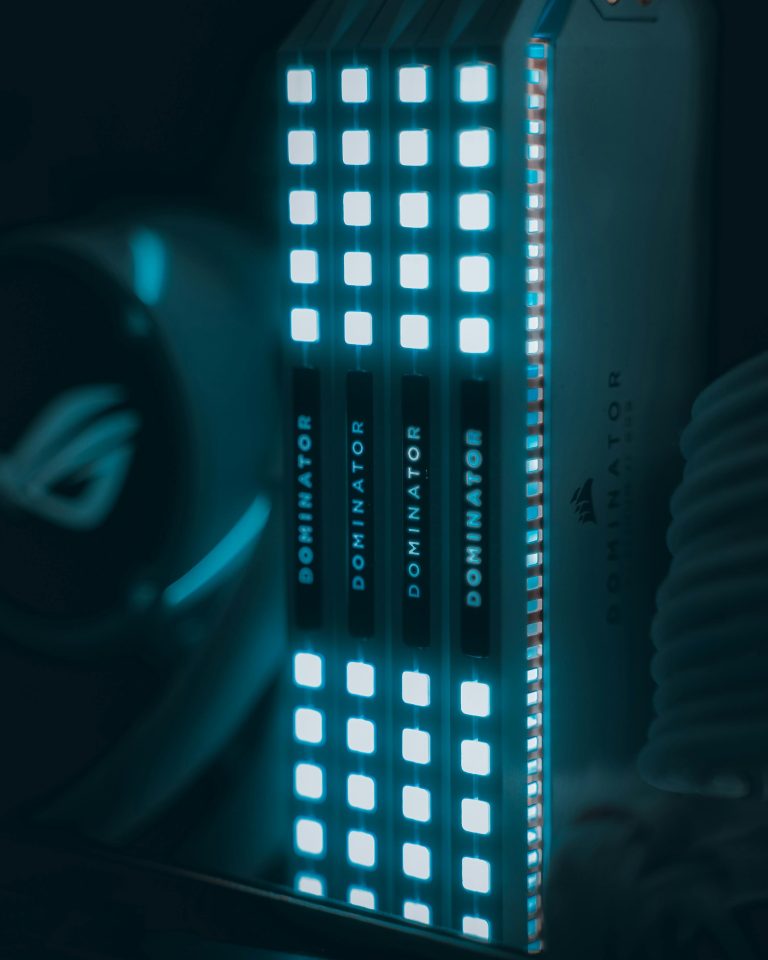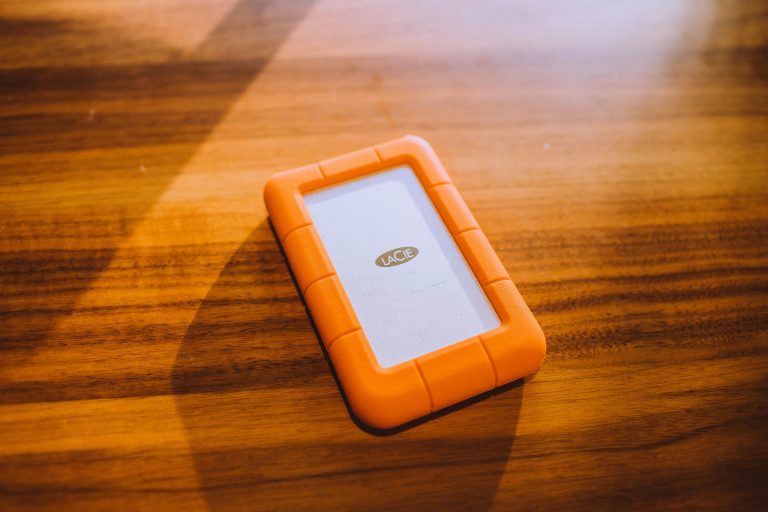
When it comes to the smartphone market, two names dominate the conversation: Apple and Samsung. These tech giants have been locked in a fierce battle for years, each vying for the top spot in innovation, sales, and consumer loyalty. As we move through 2024, the competition shows no signs of slowing down. But which brand is truly leading the smartphone market this year? Let’s dive into the key factors that set Apple and Samsung apart and determine who holds the crown.
Market Share and Sales Performance
Apple and Samsung have long been the top contenders in global smartphone sales, but their strategies differ significantly. In 2024, Apple continues to dominate in terms of revenue, thanks to its premium pricing and loyal customer base. The iPhone 15 series, along with the rumored iPhone 16, keeps Apple at the forefront of high-end smartphones.
Samsung, on the other hand, leads in overall market share by volume. The brand’s diverse portfolio, ranging from budget-friendly Galaxy A series to the flagship Galaxy S24 and foldable Z series, allows it to cater to a broader audience. While Samsung sells more units globally, Apple’s profit margins remain unmatched.
Innovation and Technology
Both brands push the boundaries of smartphone technology, but their approaches vary. Apple’s focus on seamless integration across its ecosystem—iPhone, iPad, Mac, and Apple Watch—gives it an edge in user experience. The A17 Pro chip in the iPhone 15 Pro models and advancements in iOS 18 showcase Apple’s commitment to performance and software optimization.
Samsung, meanwhile, excels in hardware innovation. The Galaxy S24 Ultra’s AI-powered camera system and the Galaxy Z Fold 6’s refined foldable design highlight Samsung’s leadership in cutting-edge technology. The brand’s partnership with Google for AI features and its use of Snapdragon chips also give it a competitive advantage in raw power and versatility.
Software and Ecosystem
Apple’s iOS is renowned for its smooth performance, long-term software support, and tight integration with other Apple devices. With iOS 18, Apple has introduced deeper AI integration and enhanced privacy features, further solidifying its reputation for security and user-friendly design.
Samsung’s One UI, built on Android, offers greater customization and flexibility. The ability to sideload apps, use multiple user profiles, and access Google’s ecosystem makes Samsung devices appealing to power users. However, Samsung’s software updates, while improving, still lag behind Apple’s in terms of longevity and consistency.
Customer Loyalty and Brand Perception
Apple boasts one of the most loyal customer bases in the tech industry. Many users stick with iPhones due to the seamless ecosystem, premium build quality, and status symbol associated with the brand. Apple’s retail stores and customer service also contribute to its strong reputation.
Samsung, while equally popular, faces more competition in the Android space. Brands like Google, Xiaomi, and OnePlus challenge Samsung’s dominance, making customer retention more difficult. However, Samsung’s aggressive marketing, frequent discounts, and innovative designs help maintain its strong global presence.
Pricing and Accessibility
Apple’s iPhones are undeniably expensive, with the Pro models often exceeding $1,000. While this limits accessibility, Apple’s trade-in programs and installment plans make its devices more attainable for some consumers.
Samsung offers a wider range of price points, from sub-$200 budget phones to ultra-premium foldables. This inclusivity allows Samsung to capture markets where Apple struggles to compete, particularly in emerging economies.
Conclusion
So, which brand dominates the smartphone market in 2024? The answer depends on how you measure success. Apple leads in revenue, profit margins, and ecosystem integration, while Samsung takes the crown in market share, hardware innovation, and affordability. Both brands excel in different areas, catering to distinct consumer needs. Ultimately, the choice between Apple and Samsung comes down to personal preference—whether you prioritize a seamless ecosystem or cutting-edge hardware. One thing is certain: the rivalry between these two giants will continue to drive innovation, benefiting consumers worldwide.





